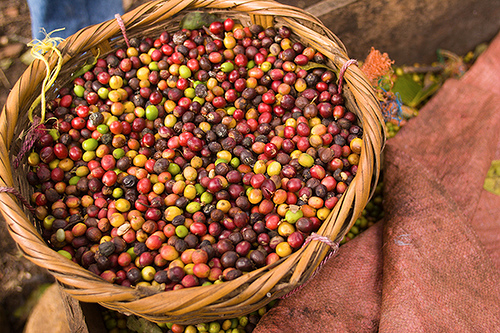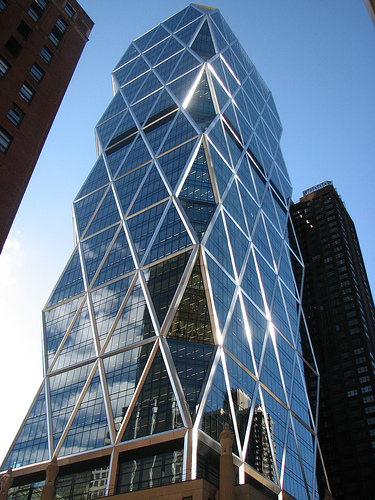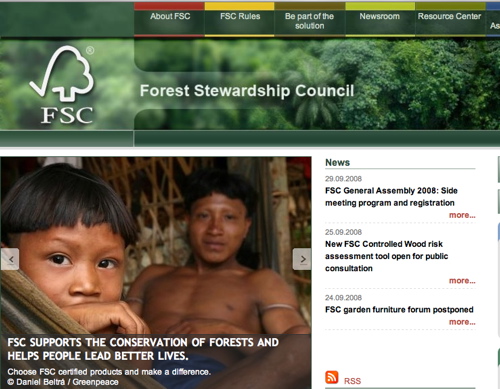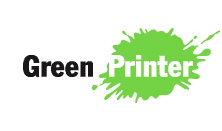 Fair trade continually interests me. It’s a great example of a development “policy” that at first glance, seems perfect. Companies (generally in foodstuffs like coffee or cocoa, but clothing and related items as well), basically agree to set the prices of the goods they purchase at a higher than market price in order to provide better lives for those who are at the origin of their supply chain. In many cases, fair trade also includes specific labor standards, training and may branch out into health care and education. I would be a monster to not support this and I do… in theory.
Fair trade continually interests me. It’s a great example of a development “policy” that at first glance, seems perfect. Companies (generally in foodstuffs like coffee or cocoa, but clothing and related items as well), basically agree to set the prices of the goods they purchase at a higher than market price in order to provide better lives for those who are at the origin of their supply chain. In many cases, fair trade also includes specific labor standards, training and may branch out into health care and education. I would be a monster to not support this and I do… in theory.
I wrote an article a few months back called “Is Fair Trade Really Fair?”. The goal was to show that there is a large body of conflicting evidence that fair trade is benefiting whom it is intended to benefit. However, I do not discount fair trade outright. In fact I think every company should be engaging in these practices. I mentioned the fact that Starbucks for years has been working internally and rather successfully on fair trade issues and that they had succumbed to public pressure by having some of their coffee “certified” by Transfair (you can find the Harvard Business School case study here). The crux of the study concerns how businesses and NGO’s (in this case Conservation International) can function symbiotically. Starbucks and CI have had longstanding and mutually respectful/beneficial relationship. Their interactions first with Global Exchange and then Transfair were a bit rockier.
Currently, Starbucks is the largest retailer of Fairtrade coffee in the world having purchased 110 million pounds since 2000 (not surprising since they are by far the biggest coffee retailer in general). However, it’s worth noting that the company had worked with various “fairtrade” schemes internally, well before the certification organizations came calling. The main rift between the two organizations appeared to be quality. Starbucks claims that it has very strict quality standards, while Transfair did not find the quality of the coffee to be in their interest, they simply wanted to certify as many coffee farmers as possible (in 2000 they were also making $.10/lb as a licensing fee). Starbucks on the other hand had paid some above market prices but were mainly focused on working with Conservation International and their coffee farmers to improve the quality and yield of their crop so they could purchase more and from a wider variety of farmers, whose coffee was up to their standards.
There’s a simple supply and demand issue here and clearly there’s a difference of perspective between businesses and NGO’s (although Transfair is a for-profit enterprise) on how businesses should do business. My stance is not against fair trade whatsoever, at least not in principle. However, I believe the system will only be sustainable if the companies are spearheading the effort internally and make it part of their core business. In this case, there is little reason for Starbucks to mistreat their suppliers, both for branding reasons and based on the fact that they are hoping to buy the highest quality coffee which in many instances they have demonstrated the willingness to pay a premium for.
Image Credit by crsfairtrade via Flickr under a CC license






